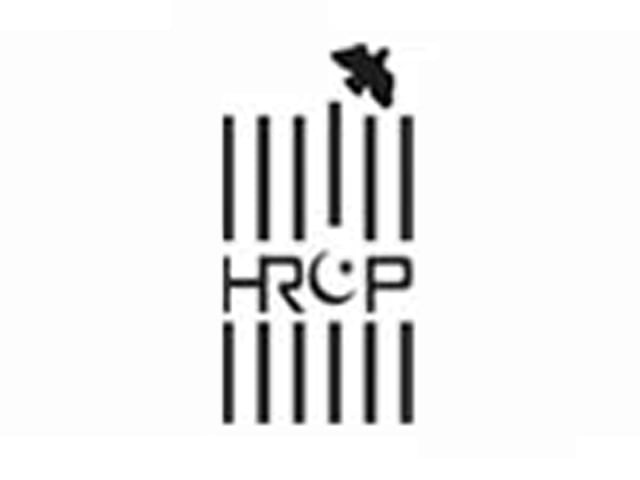HRCP seminar: ‘Mixing politics and religion dangerous for democracy’
Speakers provide a laundry list of challenges to democracy.

“All the judges who want to participate in politics should leave this profession and take part in the next elections,” said Asma Jehangir criticising partisanship in the judiciary at a seminar held on Sunday under the auspices of the Human Rights Commission of Pakistan.
“We have a very pro-active judiciary,” Jehangir said addressing the seminar on Challenges to Democracy in Pakistan. Jehangir added that judges were meant to be appointed for their ability to understand and uphold the law. She said some of the judge’s activities were in conflict with this framework. Jehangir said that democracy was the only solution to the problems faced by a ‘crippled state.’ She said it was unfortunate that in Pakistan democracy had been limited to an electoral process. Advocating the restoration and empowerment of local bodies, Jehangir said she did not the role for them espoused by Pervez Musharraf. “The purpose of Musharraf’s local bodies was to ensure that the GHQ could infiltrate local level politics - this is not what we want,” she said.
Lahore University of Management Sciences’s Prof Dr Muhammad Waseem said there was an enormous void in understanding the age old debate of Islam and democracy in Pakistan. “The attempts to merge politics and religion have on second occasions resulted in reversing the process of democratisation, he said speaking on, Political, Cultural Practices and Electoral System.”
In a democratic system, Dr Waseem said the authority always lay with the elected representatives. The Indian political model employs language and not religion as a political catalyst. In Pakistan it was very much the opposite. Blaming the bureaucracy for preventing the ‘rule of the people,’ Dr Waseem listed the army, local governments and the undefined role of the ‘middle class’ as some of the many challenges faced by democracy in Pakistan.
Dr Ali Cheema, also of Lums, said the biggest challenge to Pakistan was the lack of a function system of governance. Claiming that police and judiciary were the most under-utilised services of the state, Dr Cheema said this reflected people’s lack of trust in the state. “When such a gap exists, there is a need to revisit the governance framework,” he said.
Speaking on the challenges to democracy from the Khyber-Pakhtunkhwa’s perspective, University of Peshawar’s Dr Ijaz Khan said the process of democratisation could be facilitated by incorporating the ‘excluded segments’ of society. Calling for greater control of the state by the ‘people,’ Dr Khan said the establishment of such people’s authority was the greatest challenge for democracy. He said with taught history portraying the ‘Hindu’ as the villain rather than the ‘colonial angrez,’ the literate segment of society was suspicious of pluralism. Dr Khan said pluralism was essential to democracy.
Foreseeing an ominous future in view of the current political climate, former National Reconstruction Bureau chairman Daniyal Aziz said the 18th Amendment had raised hopes of eradicating the vestiges of military regimes. However, he said the failure to grant local self government right could destabilise the system.
Community Appraisal and Motivation Programme Chief Executive Naveed Shinwari spoke on Challenges to Democracy - Views from FATA. He said there was a great deal of misunderstanding in FATA because of the lack of information and the region being used for a ‘security agenda.’ “The term ilaqa-i-ghair has created a negative impression of the region.” Shinwari said adding that it implied that the FATA people were ignorant of the norms of civilised societies.
He saw ‘militancy’ as the greatest challenge to democracy in the FATA region adding that a weak civil society increased the challenge manifolds.
Demanding that FATA either be made part of Khyber Pakhtunkhwa or be made another province, Shinwari said policy makers should address the grievances of its people.
Published in The Express Tribune, March 19th, 2012.



















COMMENTS
Comments are moderated and generally will be posted if they are on-topic and not abusive.
For more information, please see our Comments FAQ